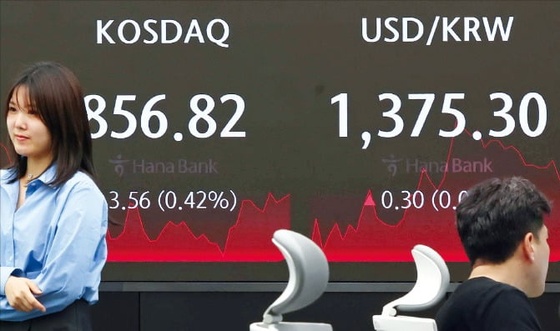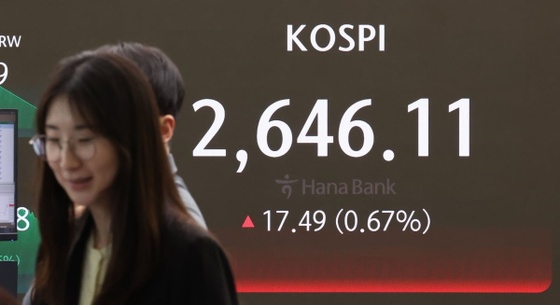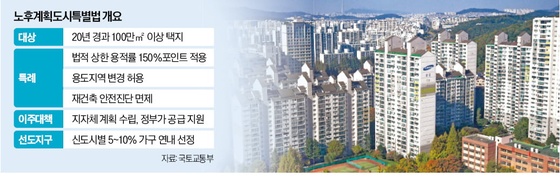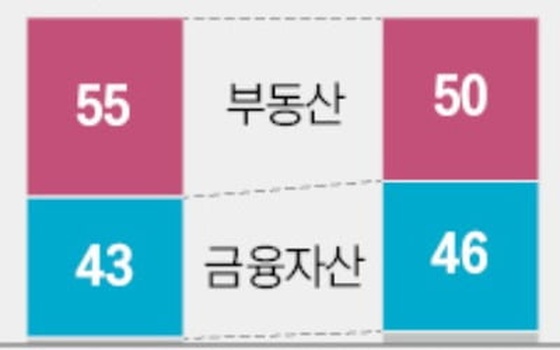[경제노트] (영어로 배우는 국제경제) 'The Global...'
Lawrence Summers is taking over as Treasury secretary at an opportune
time.
Stability has been restored to the financial markets after the crises
that swept Asia, Brazil and Russia--which may be why Robert Rubin is
leaving now.
But Mr. Summers and Fed Chairman Alan Greenspan, whose role is even
more important, do have at least two big trouble spots on the horizon:
Both the U.S. stock market and Japanese bonds are mispriced, and may be
due for a rendezvous with reality.
A major realignment of these prices would shake world capital markets
hard.
<중략>
U.S.stocks are better than that; there are a few reasons they should
be priced very high indeed.
America has business-friendly government and powerful stockholders who
force CEOs to be efficient.
The integration into the world economy has allowed deep cost cuts in
restructured businesses, and formidable technology has revolutionized
the way business is done.
<중략>
Not so in the world economy.
With Japan and all of Asia and Latin America tanking, commodity prices
have been falling sharply, assisting good U.S. performance, which in
turn has kept the Fed at bay.
That is now over: World recovery is coming on and will gather strength.
And as it does, so will commodity prices from chips to steel to a broad
range of manufactures.
U.S. inflation will jump.
<중략>
Things are much worse in Japan, which could become the biggest
financial crisis of the postwar period.
The Japanese recession has already hampered the rest of the world both
directly (because Japan is one of the world''s biggest economies) and
indirectly (because its performance is limiting the recoveries of its
Asian trading partners).
The reason that things could get worse is that we have yet to feel the
full repercussions of Japan''s huge public debt and its massive unfunded
pension liabilities.
The high existing debt, the poor state of the economy and the rapidly
aging population (which will require fewer workers to support more
retirees) combine to create a disastrous public-finance situation.
Debt escalation simply cannot be avoided; Japanese bonds deserve a
junk rating.
The problem is out of control, and Japanese leaders are both distracted
by politics and deeply confused as to the depth of the deterioration
that has already taken place.
= 월스트리트 저널 5월16일자 루디 돈부시 MIT대 교수 기고문
----------------------------------------------------------------------
< 요약 >
세계경제가 금융위기에서 벗어나면서 급속한 회복세를 보이고 있지만 여전히
위험요소가 남아있음을 경고하고 있다.
미국 주가폭락 가능성과 일본의 경기회복 지연이 세계경제를 위협하는 최대
악재로 도사리고 있다는 게 이 글의 요지다.
저자는 미국 주가가 인플레에 대한 우려가 완전히 사라지지 않은 상황에서
지나치게 과대 평가돼 있다고 진단한다.
이미 원유 반도체 철강 등 원자재가격이 꿈틀거리고 있어 미국의 금리인상
가능성을 배제할 수 없다는 것이다.
금리인상은 곧바로 주가에 악영향을 미치고 세계경제를 또한차례 출렁거리게
할 수 있다.
물론 미국 주가가 급락한다 해서 세계경제가 곧바로 침체로 빠져들지는 않을
것이다.
무엇보다 경제 자체에 대한 자신감과 위급상황에 대처할 수 있는 정책적
수단 등이 뒷받침되고 있기 때문이라고 저자는 설파하고 있다.
또 주가에 버블적 요소가 있다는 우려를 상쇄시킬 호재도 많다.
친기업적 행정부, 지속적인 리스트럭처링을 통한 비용절감, 정보통신의
성장잠재력 등이 그것이다.
일본의 상황은 매우 심각하다.
전후 최대 금융위기에 직면해 있어 이미 세계경제에 직간접적으로 영향을
미치고 있다.
국내총생산(GDP)의 1백30%에 달하는 공공부채, 경기회복 불투명, 실업사태
심화 등 손댈 곳이 한 두곳이 아니다.
새로운 국제금융환경에서 어느 한 지역의 위기는 곧 전세계 위기로 이어
진다.
이때문에 차기 미국재무장관인 로렌스 서머스와 앨런 그린스펀 미연방준비
제도이사회(FRB)의장의 역할이 갈수록 중요시되고 있다고 돈부시 교수는
주장한다.
< 김수찬 기자 ksch@ >
( 한 국 경 제 신 문 1999년 5월 17일자 ).
-
기사 스크랩
-
공유
-
프린트
![[이소연의 시적인 순간] 사랑, 나보다 더 늦은 사람에 대한](https://img.hankyung.com/photo/202404/01.36539730.3.jpg)
![[한경에세이] 예술, 환경에 어떤 영향 미칠까](https://img.hankyung.com/photo/202404/07.36065943.3.jpg)
![[이소연의 시적인 순간] 사랑, 나보다 더 늦은 사람에 대한](https://img.hankyung.com/photo/202404/07.29648277.3.jpg)


![구글, 사상 첫 배당 '주당 20센트'…AI 불안감 덮었다 [글로벌마켓 A/S]](https://timg.hankyung.com/t/560x0/photo/202404/B20240426073327760.jpg)








